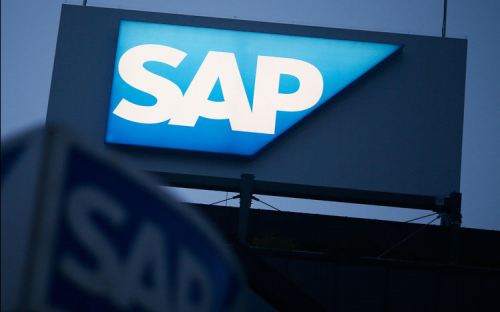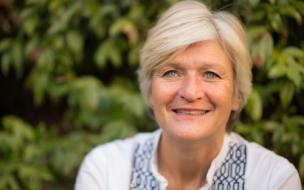Sustainability, too, is on the menu for schools, which are catering to a millennial generation more concerned with positively impacting society than earning six-figure sums.
But how do the two intertwine?
Students on the One Planet MBA at University of Exeter Business School, seemingly have the answer.
They work with SAP, the $96 billion, German enterprise software company, to apply data analytics to the United Nations’ Sustainable Development Goals.
Michael Jordan, global portfolio manager for analytics software at SAP, says the One Planet MBAs have two opportunities to apply analytics to the world’s most pressing sustainability challenges.
One is a research project in which the students try to match the analytics software SAP applies to some of the UN’s Sustainable Development Goals, and make recommendations.
The second is a “kind of consultancy project” that sees the MBAs support SAP employees working in the company’s sustainability practice.
“We take some of these very valuable business tools, and analytics techniques, and apply them to problems related to sustainability,” says Michael.
The themes of sustainability and digital innovation are threaded through the entire One Planet MBA curriculum, which has been revamped to focus on how social, environmental and technological disruptors are reshaping the role of the professional manager.
Michael, who teaches on the One Planet MBA, says it’s important for MBAs to have an understanding of people, profit and planet — also known as the triple-bottom-line — the idea that business must move beyond short-term financial goals and consider its impact on society and the environment.
“In the past you could get a business school education, go on to be very successful, make a load of money, and be an absolute disaster for the environment and society,” he says.
“[But] a rounded business education [now] means you recognize business is a member of the society you operate in, and has a responsibility for it.”
Working with the UN’s Sustainable Development Goals — an ambitious bundle of global social, economic and environmental objectives for the next 15 years — is one way the One Planet MBA program gives students the chance to test triple-bottom-line thinking in a “live” environment.
“One of the key things about teaching people, profit and planet is that we put it into real contexts,” Michael says. “….It’s no good just realizing there are all these problems out there — you need the tools to start finding solutions.”
Analytics seems to be the tool of choice. Data has reshaped the way businesses operate, forcing executives to change the way they make decisions, form strategy, and execute it. Those who successfully harness the power of their data will survive and thrive. Those that don’t, won’t.
“The expectation is that senior business people have the skills to leverage analytics technologies,” says Michael.
This year, the subject has become a core course within the One Planet MBA, he says.
“These days, it should be like cleaning your teeth — it should be normal. I feel that it’s becoming a core skill for business people to have.”
But he is not training data scientists, he says, adding: “Analytics is important, but you don’t lose the role of intuition….You can’t treat analytics software as a cookie-cutter approach.”
Working with SAP gives the One Planet MBA students the opportunity to use cutting-edge software and work on real cases, but also the chance to explore potential career opportunities.
Michael says he recently took a group of MBAs to SAP’s UK head office for a presentation.
“There are always different [job] opportunities,” he adds. “Analytics is definitely growing at SAP.”
RECAPTHA :
ea
74
a4
f2



 1
1 



Comments.